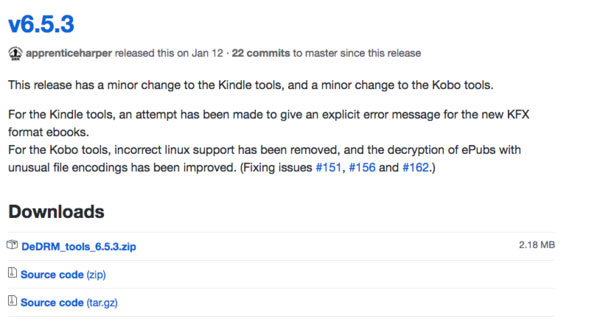
It wasn’t long before the original post was updated to clarify that Amazon had simply added support for EPUB to their Send to Kindle service. Native support for EPUB would make using the Kindle a lot less of a hassle for many folks, but alas, it was not to be. Accordingly, many users have turned to third party programs which can reliably convert their personal libraries over to whatever Amazon format their particular Kindle is most compatible with. But rather than supporting the open eBook format, Amazon had always insisted in coming up with their own proprietary formats to use on their readers. After all, it was a feature that owners have been asking for since the Kindle was first released in 2007.



The story was picked up by all the major tech sites, and for a time, there was much rejoicing. Last last month, a post from the relatively obscure Good e-Reader claimed that Amazon would finally allow the Kindle to read EPUB files.


 0 kommentar(er)
0 kommentar(er)
